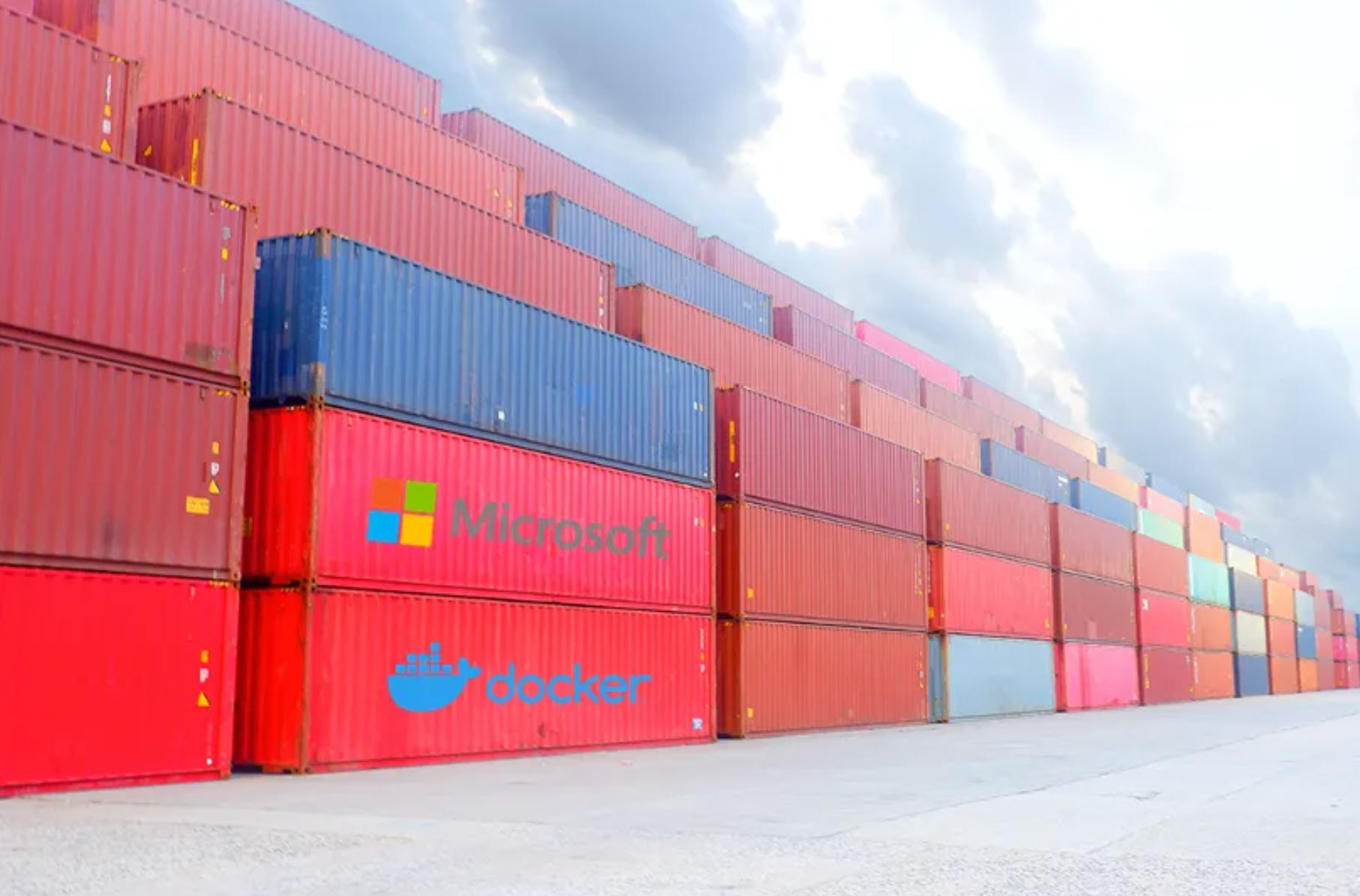Docker announces tighter integration with Azure Container Instances and Visual Studio Code
by Pradeep
Microsoft and Docker today announced extended collaboration to simplify cloud development for developers. As part of this extended collaboration, Docker today announced closer integration with Azure Container Instances and Visual Studio Code. This closer integration between Docker and Microsoft will offer the following benefits to developers:
- Easily log into Azure directly from the Docker CLI
- Trigger an ACI cloud container service environment to be set up automatically with easy to use defaults and no infrastructure overhead
- Switch from a local context to a cloud context to quickly and easily run applications
- Simplifies single container and multi-container application development via the Compose specification allowing a developer to invoke fully Docker compatible commands seamlessly for the first time natively within a cloud container service
- Provides developer teams the ability to share their work through Docker Hub by sharing their persistent collaborative cloud development environments where they can do remote pair programming and real-time collaborative troubleshooting
This closer integration between Docker and Microsoft (Azure and VS Code) will be generally available in the second half of 2020.
“Developers want simplicity, agility and portability, and development teams want code to cloud solutions that won’t slow them down,” said Scott Johnston, chief executive officer, Docker. “Extending our strategic relationship with Microsoft will further reduce the complexity of building, sharing and running cloud-native, microservices-based applications for developers. Docker and VS Code are two of the most beloved developer tools and we are proud to bring them together to deliver a better experience for developers building container-based apps for Azure Container Instances.”
“We are excited to expand our work with Docker to accelerate developer productivity by enabling them to use native Docker commands to run applications in Azure Container Instances,” said Amanda Silver, corporate vice president of Product for Developer Tools at Microsoft. “This new seamless experience from desktop to cloud means developers can more quickly and easily collaborate and create applications to run in Azure.”
Learn more about this integration here.